Articles
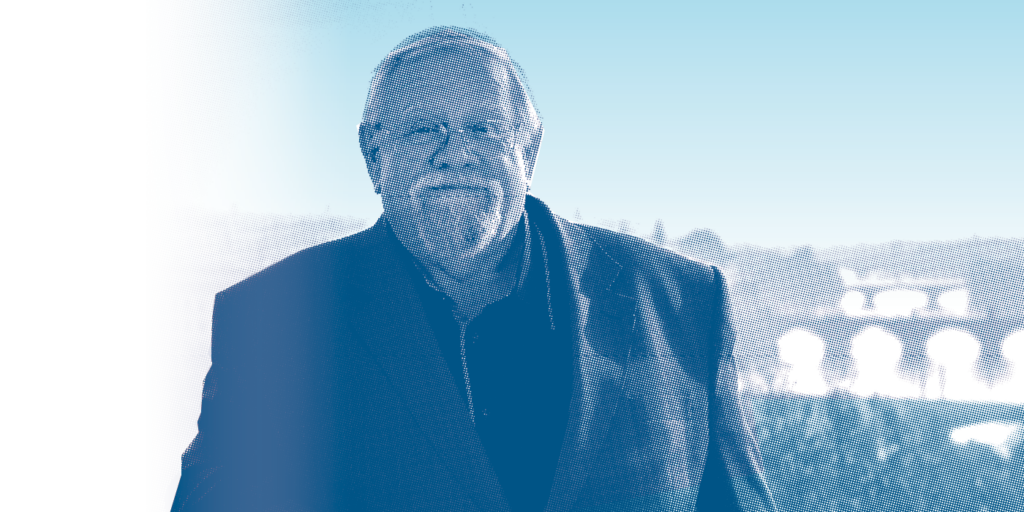
Daniel Kroupa: Lessons from Patočka
Today the main thing is to stop the highest government authorities from introducing authoritarian elements into our system and from turning to the East, towards Russia and China. This motivates into action even those who are not particularly interested in politics, says Daniel Kroupa in an interview with Łukasz Grzesiczak. ŁUKASZ GRZESICZAK: You were an…
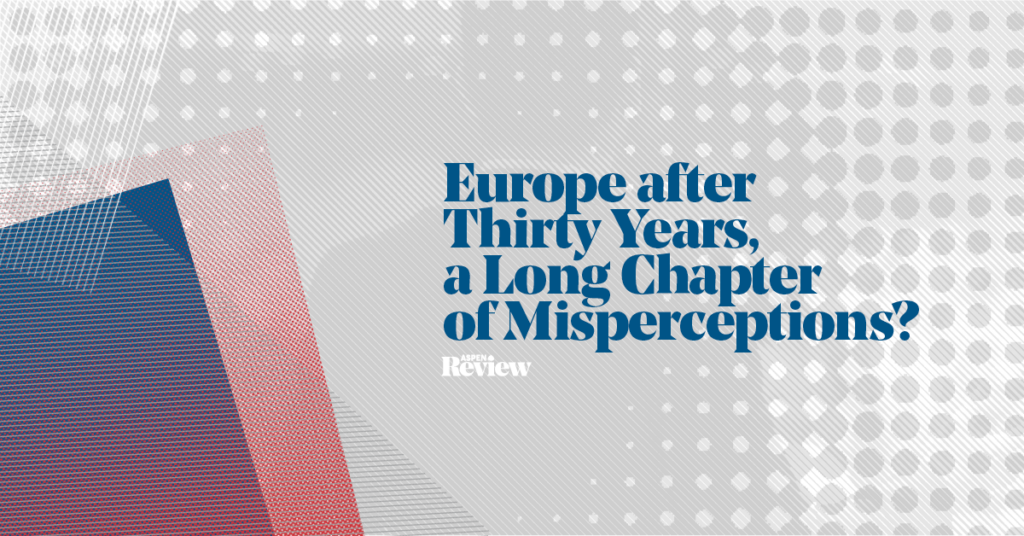
Europe after Thirty Years, a Long Chapter of Misperceptions?
The EU acquired 11 new member states and never really took the trouble to understand what these new member states were about. Indeed, there was a lingering suspicion that they were deviant in some way. What actually happened in 1989? Obviously, it was the end of the Soviet-type system, the political monopoly of the party,…

The Long Shadow of 1989
Thirty years after 1989 one might argue that rather than empowering liberalism in Eastern Europe it has proved to weaken liberalism and make societies vulnerable to populist agitation. The collapse of communist regimes in Eastern Europe in 1989 stunned the world. The dominant interpretation of what came to be known as the Autumn of Nations…
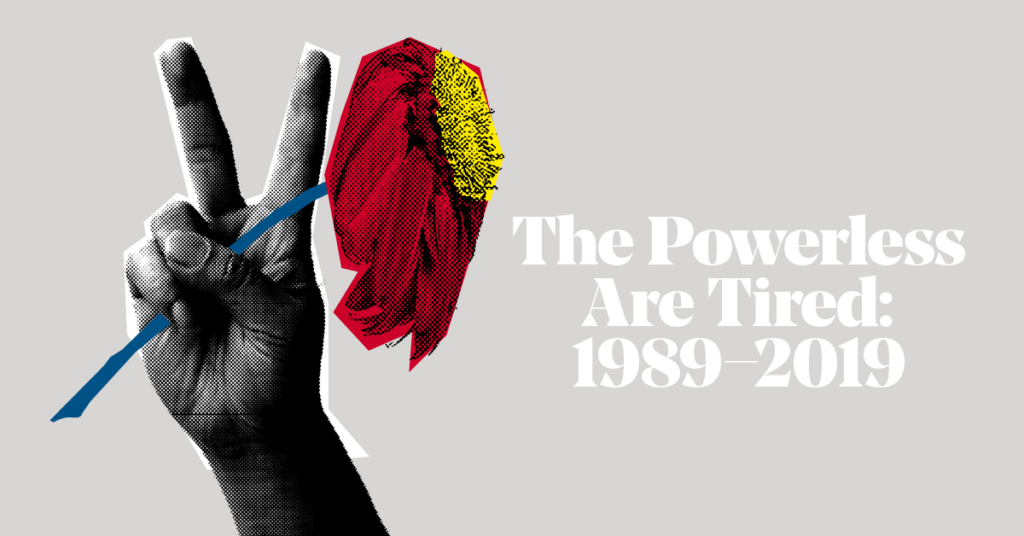
Returning to the East
Thirty years after the Velvet Revolution, there is no area of international cooperation in which the Visegrad Group could not do something useful together. Unfortunately, there is also no area in which the existence of the V4 would produce anything that we do not already owe to the European Union. This would not be a…

30 Years After
Dear Readers, Thirty years ago, the barbed fences were removed and the walls surrounding the former Eastern bloc were demolished. The Soviet empire collapsed due to both the external determination of the free world and the internal, seemingly powerless, resistance of a handful of those empowered only by mutual solidarity and faithfulness to the values…
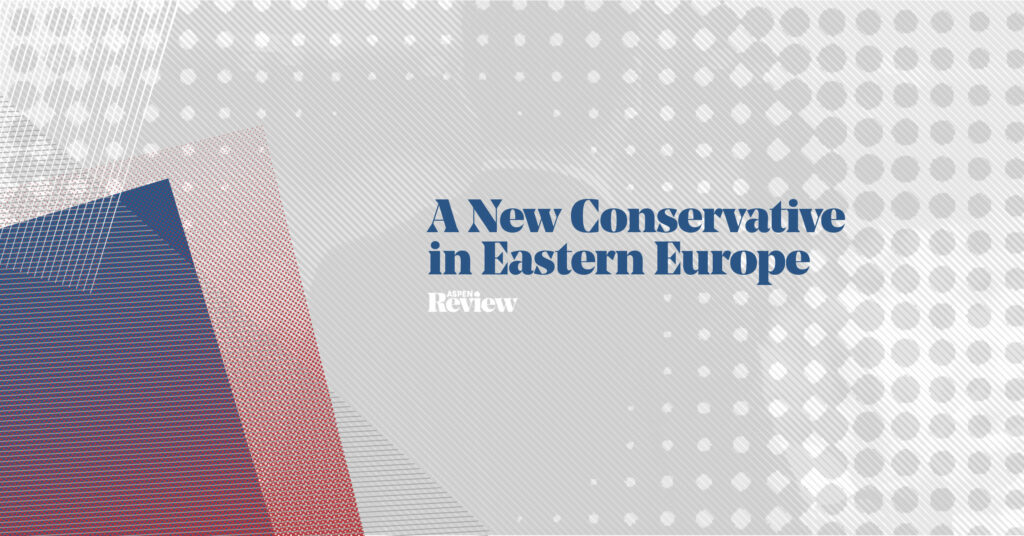
A New Conservative in Eastern Europe
New Conservatives in Russia and East Central Europe Katharina Bluhm and Mihai Varga London, New York: Routledge, 2019 One of the most frequent conclusions coming up when describing political developments in Central and Eastern Europe is that countries east of the former Iron Curtain have been impacted by a “conservative wave”. This is followed by…
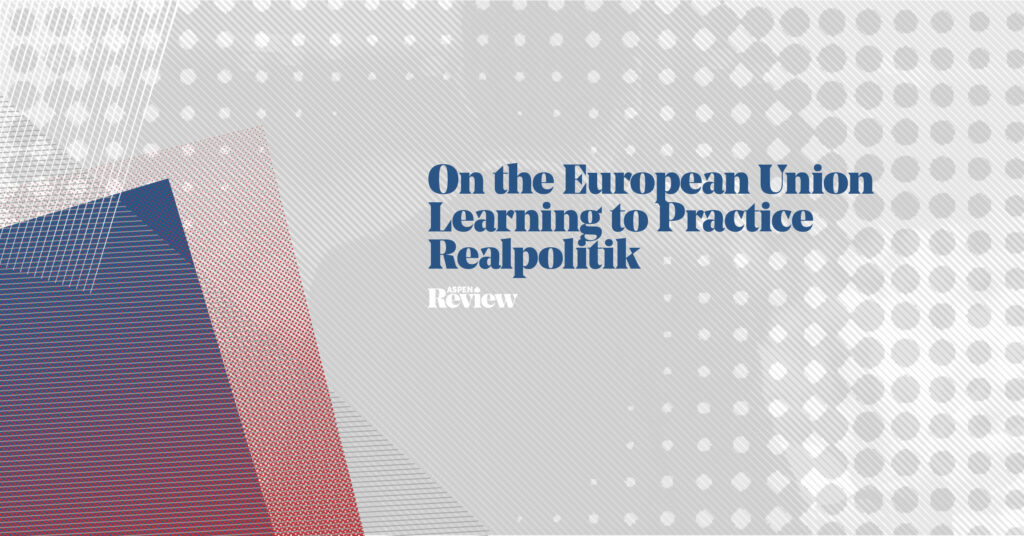
On the European Union Learning to Practice Realpolitik
Alarums & Excursions. Improvising Politics on the European Stage Luuk van Middelaar Agenda Publishing, 2019 The historian and political theorist Luuk van Middelaar served as adviser and speechwriter to the Euro-pean Council chairman Herman Van Rompuy for five years. Over the course of those five years, as a result of financial crises and changing global…
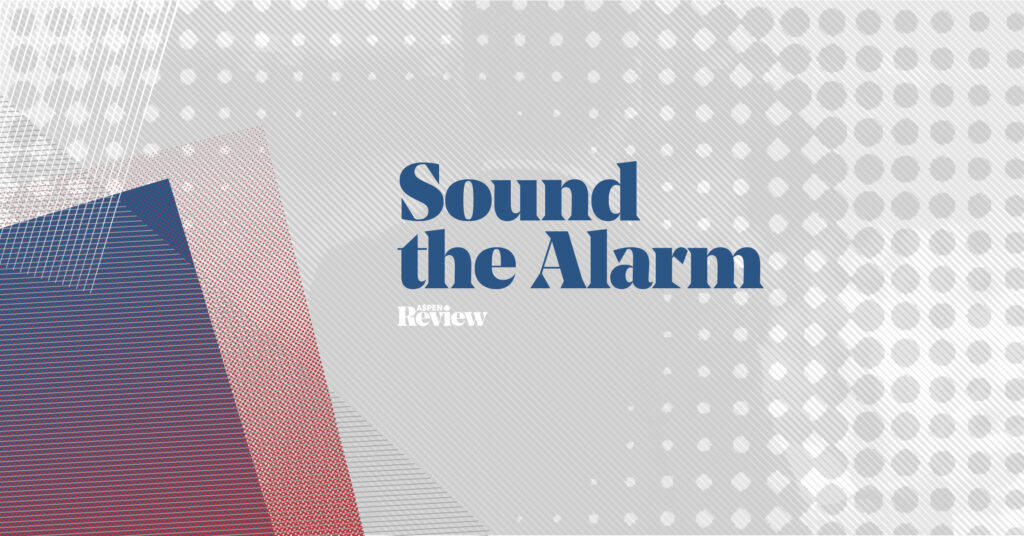
Sound the Alarm
The Age of Surveillance Capitalism: The Fight for a Human Future at the New Frontier of Power Shoshana Zuboff Profile Books, 704 pp, 2019 One night, amid a heavy storm, lightning strikes Shoshana Zuboff’s home. There is smoke. She knows she must leave the house. But first Zuboff runs around closing the bedroom doors. She doesn’t…
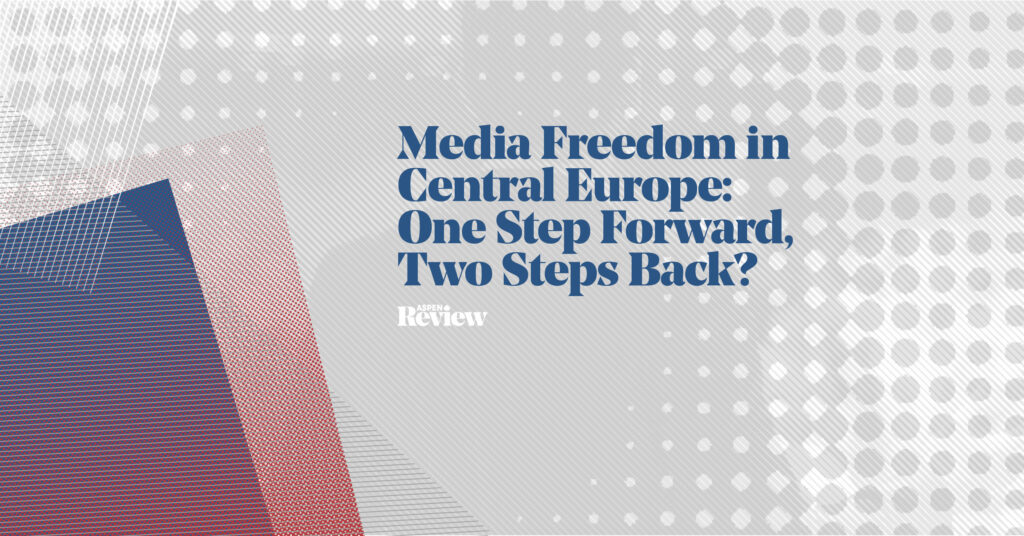
Media Freedom in Central Europe: One Step Forward, Two Steps Back?
Central Europe readies itself to commemorate the thirtieth anniversary of the fall of Communism. Looking, however, at the contemporary state of some of the key democratic institutions across the V4 countries, particularly at the media, there is not much of a reason to celebrate. Central Europe readies itself to commemorate the thirtieth anniversary of the…
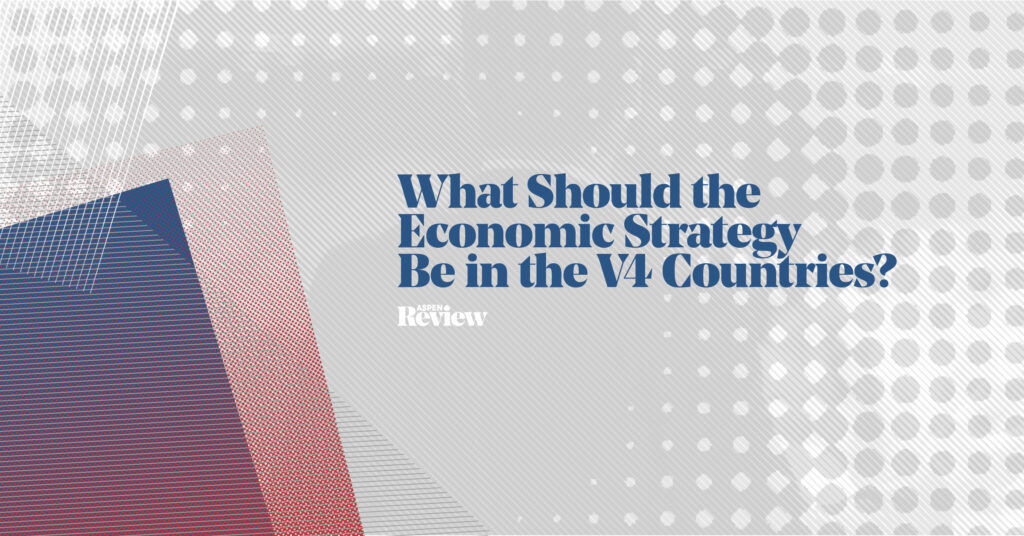
What Should the Economic Strategy Be in the V4 Countries?
Instead of concentrating on the “middle-income trap” idea, they should instead emphasize sustainable development based on enhancement of knowledge and human resources. Although the Visegrad countries (V4) are continuously improving their economic indicators, there is an increased focus of attention on whether these good macro data are sufficient for achieving sustainability. Research findings highlight the…
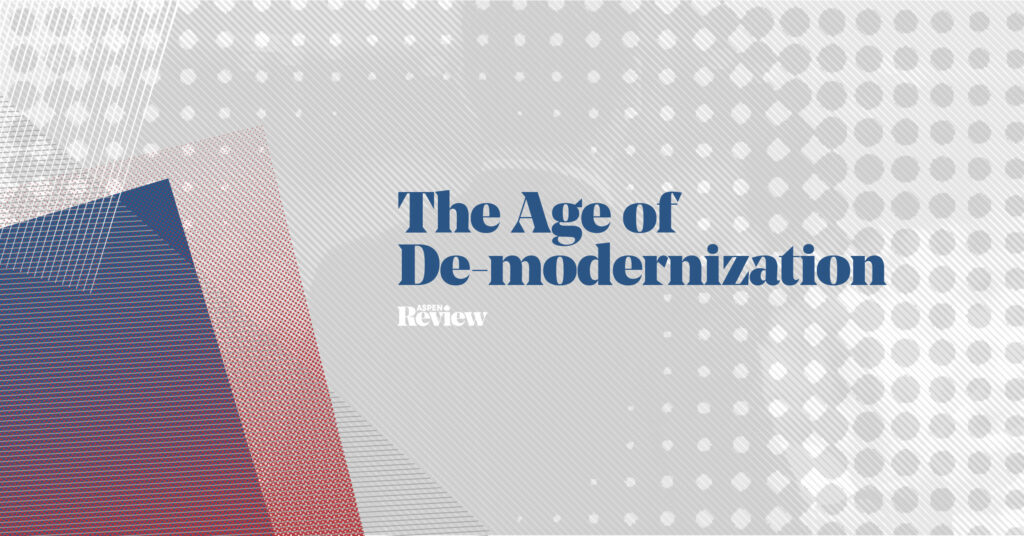
The Age of De-modernization
And it was all supposed to be so simple—back in the 1990s it seemed history had ended and humanity had found its final, most perfect possible, form of organization—a liberal one combining the free market and parliamentary representation; it would just gradually spread all over the Earth encompassing all humankind. The end of the Cold…
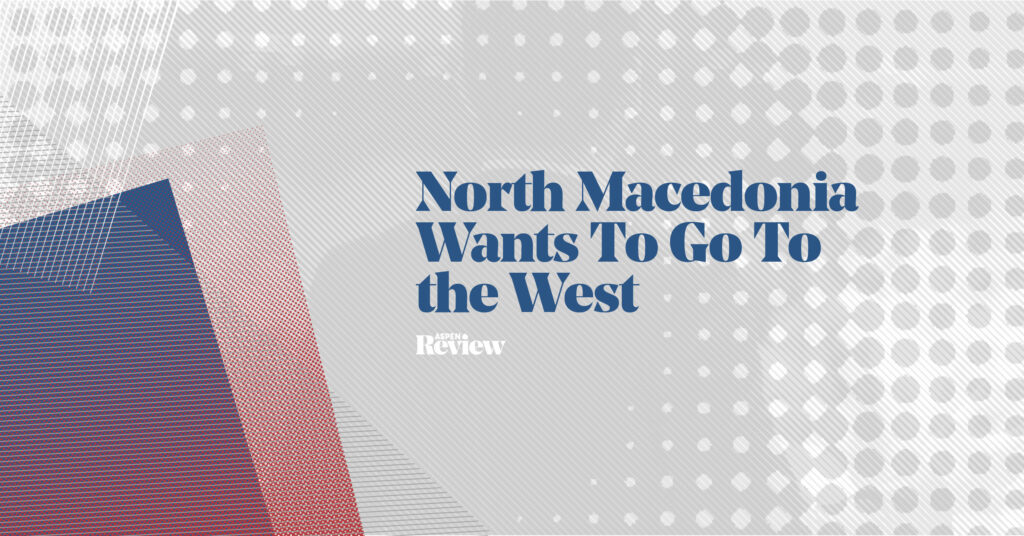
North Macedonia Wants To Go To the West
Eswatini (Swaziland), Cambodia, Democratic Republic of Congo. After 1989, only three countries changed their name without gaining independence or changing their borders. Recently they have been joined by another one, North Macedonia. What hopes are placed in this change? “The first party, the Hellenic Republic (the “First Party”) and the Second Party, which was admitted…
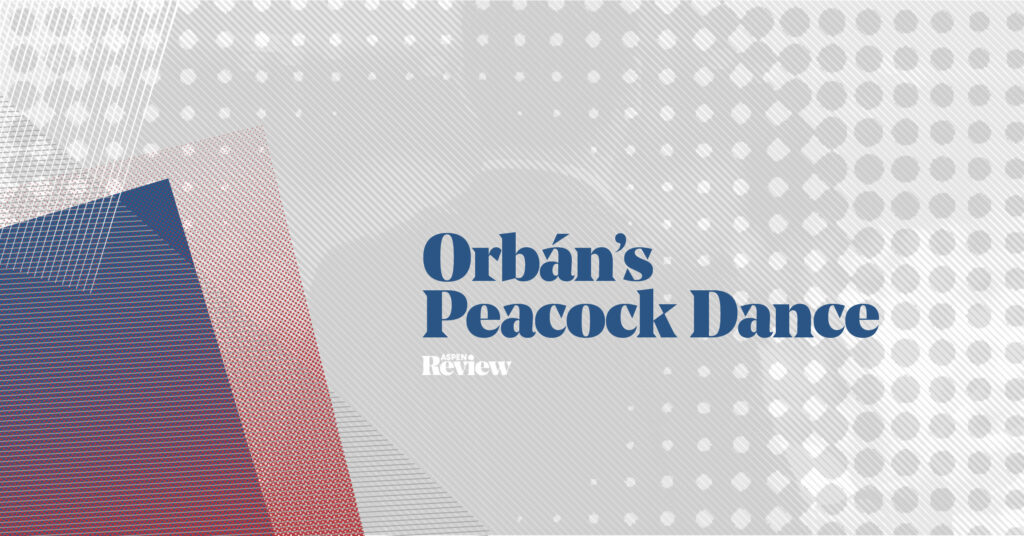
Orbán’s Peacock Dance
The relevance of the protective shield provided by the European Christian democrats to Viktor Orbán cannot be emphasized enough. It is no wonder then that he remains quite ambiguous about a potential future partnership between his party and the other Eurosceptic populists. We are approaching an end game regarding the identification of Fidesz, the Hungarian…
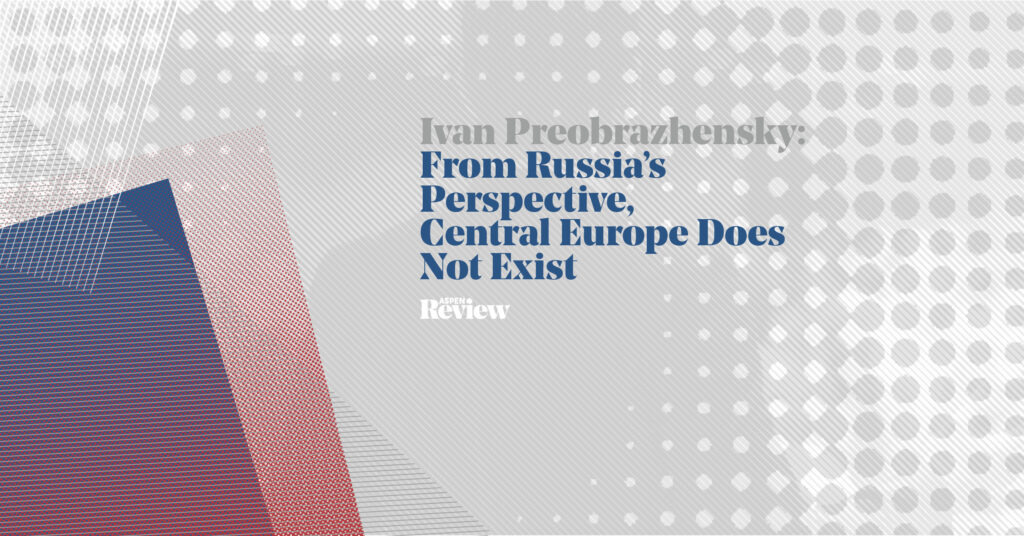
Ivan Preobrazhensky: From Russia’s Perspective, Central Europe Does Not Exist
Russian influence in Central Europe is proportional to the influence of Central Europe in the EU and NATO. Today, Russia’s investment in this region is minimal, says political scientist Ivan Preobrazhensky in an interview with Zbigniew Rokita. ZBIGNIEW ROKITA: When did you leave Russia and move to the Czech Republic? IVAN PREOBRAZHENSKY: With the annexation…
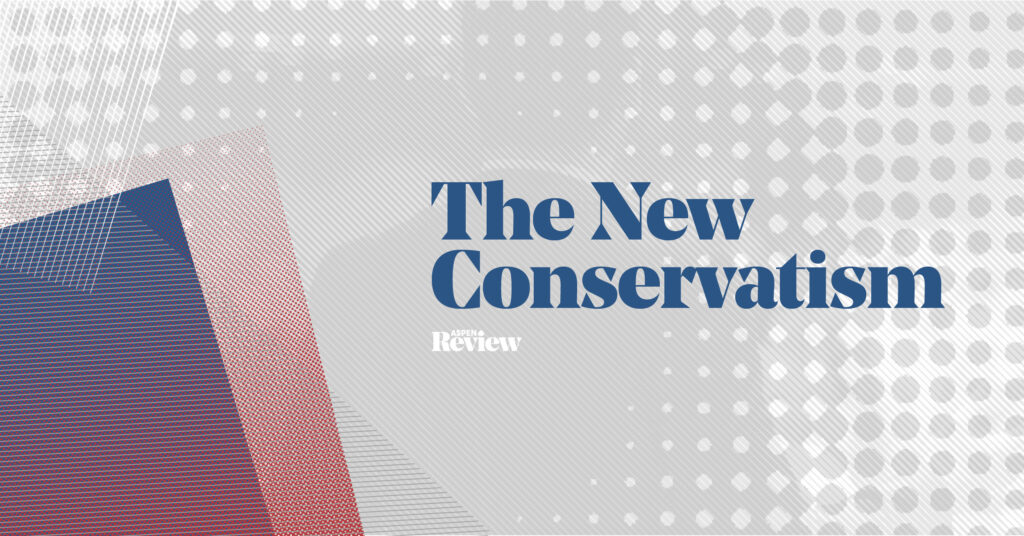
The New Conservatism
Over the past few years, we have witnessed a fascinating phenomenon as a growing number of 1990s liberals now regard themselves as true conservatives and publicly label themselves as such, even though their views have not changed radically. The political parties that emerged in Czechoslovakia after November 1989 professing values close to those of the…
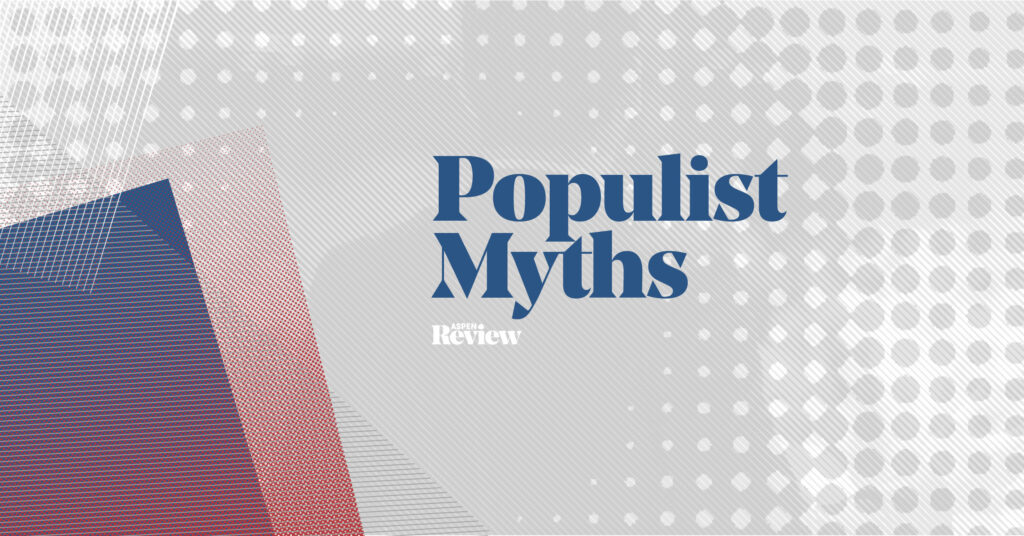
Populist Myths
The conventional wisdom runs like this. Globalization has produced winners and losers. Populists have preyed on the losers by employing nationalism and offering them simplistic answers to complicated issues. Democracy is therefore at risk. Just about everything about this narrative is wrong. For starters, no one quite knows what globalization is. Economists have their definitions,…
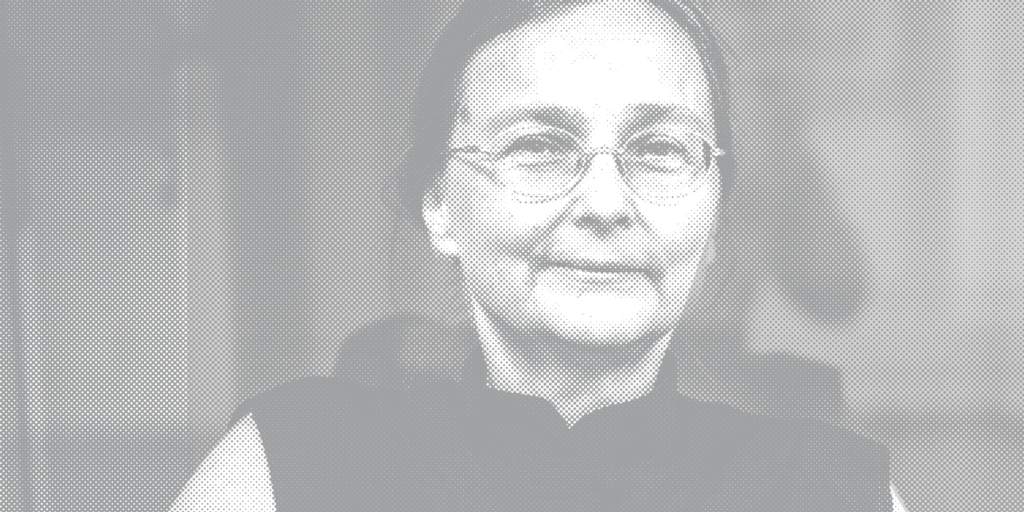
Olga Lomová: Control of the Digital Infrastructure Will Enable China To Impose Its Demands By Force
The basic tenet of the Chinese reading of global history is that China has always been a major power, a leader in global progress, and the source of a number of key inventions. Over the course of the nineteenth century, however, its leading position was unjustly usurped by Western powers, sinologist Olga Lomová tells Robert…
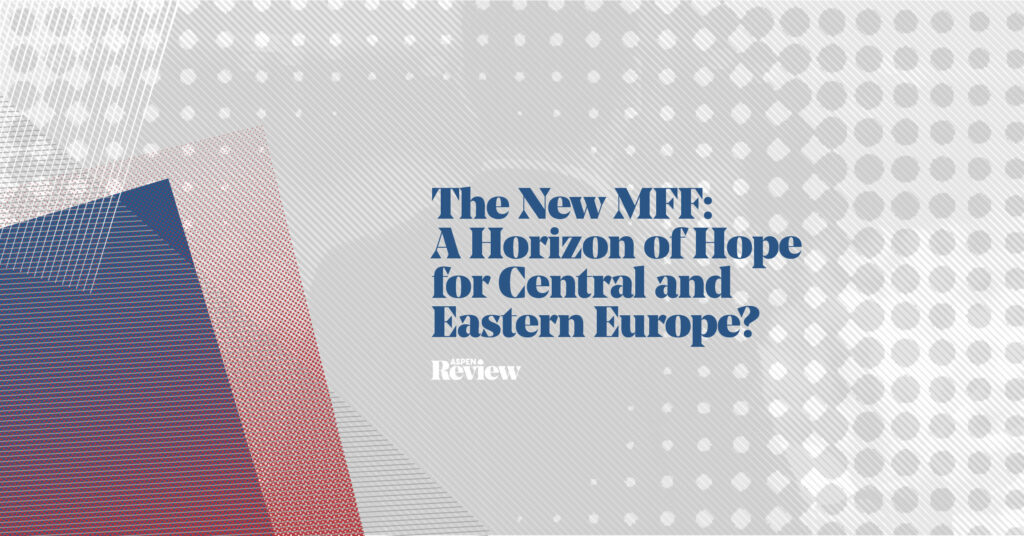
The New MFF: A Horizon of Hope for Central and Eastern Europe?
The eastern flank of the EU has proven not only capable of social and political transformation but also economically resilient. There are significant differences, however, between the European core and its peripheries. The twentieth century proved cruel for Central and Eastern Europe (CEE), not only as a scene of brutal war conflicts but also letting…
